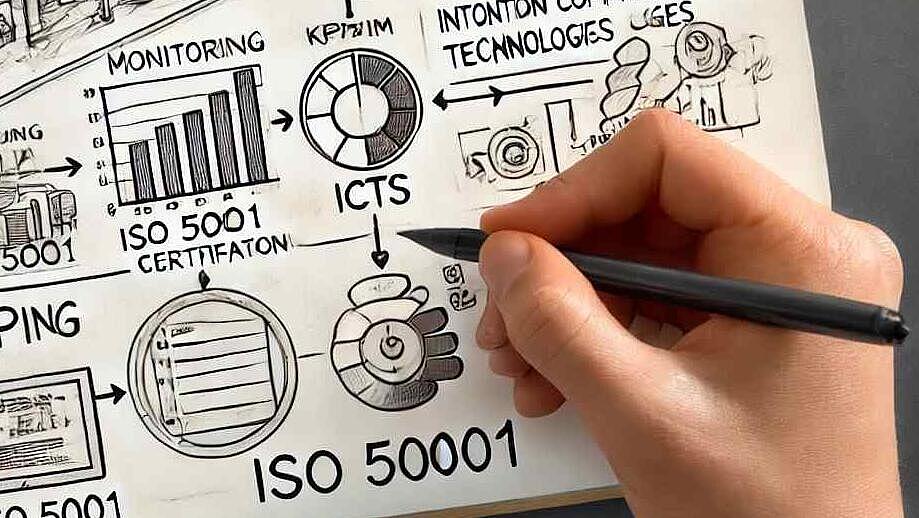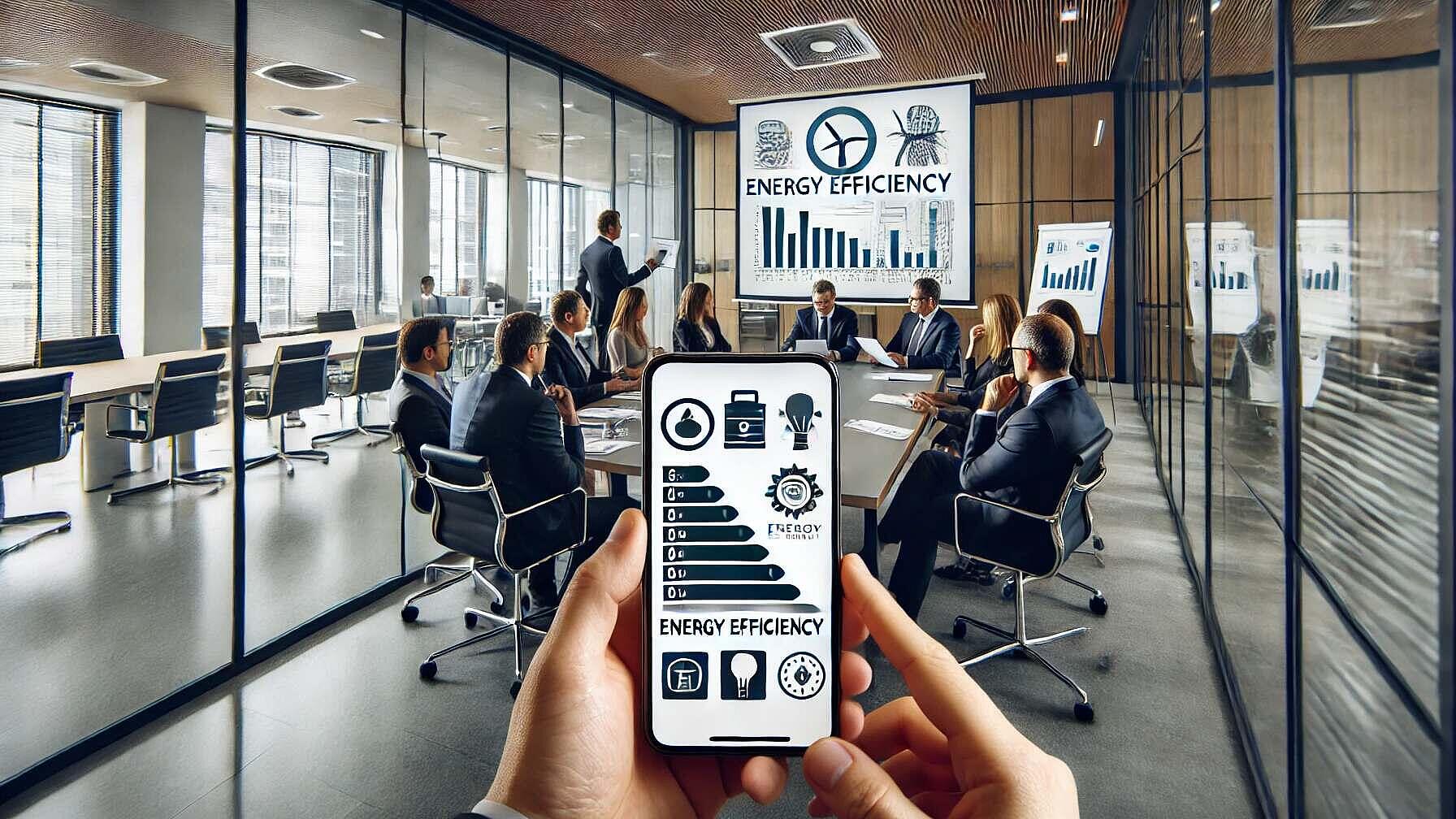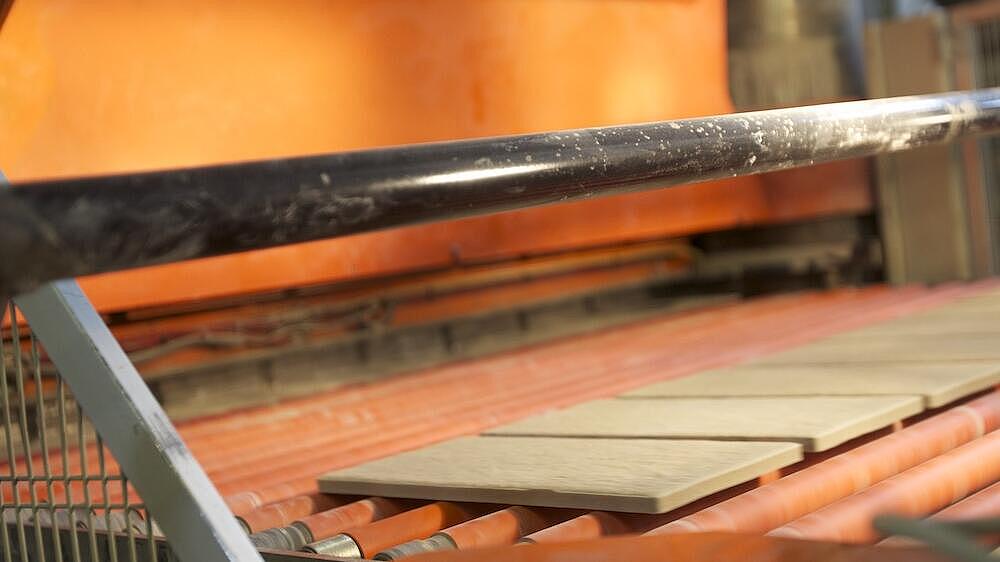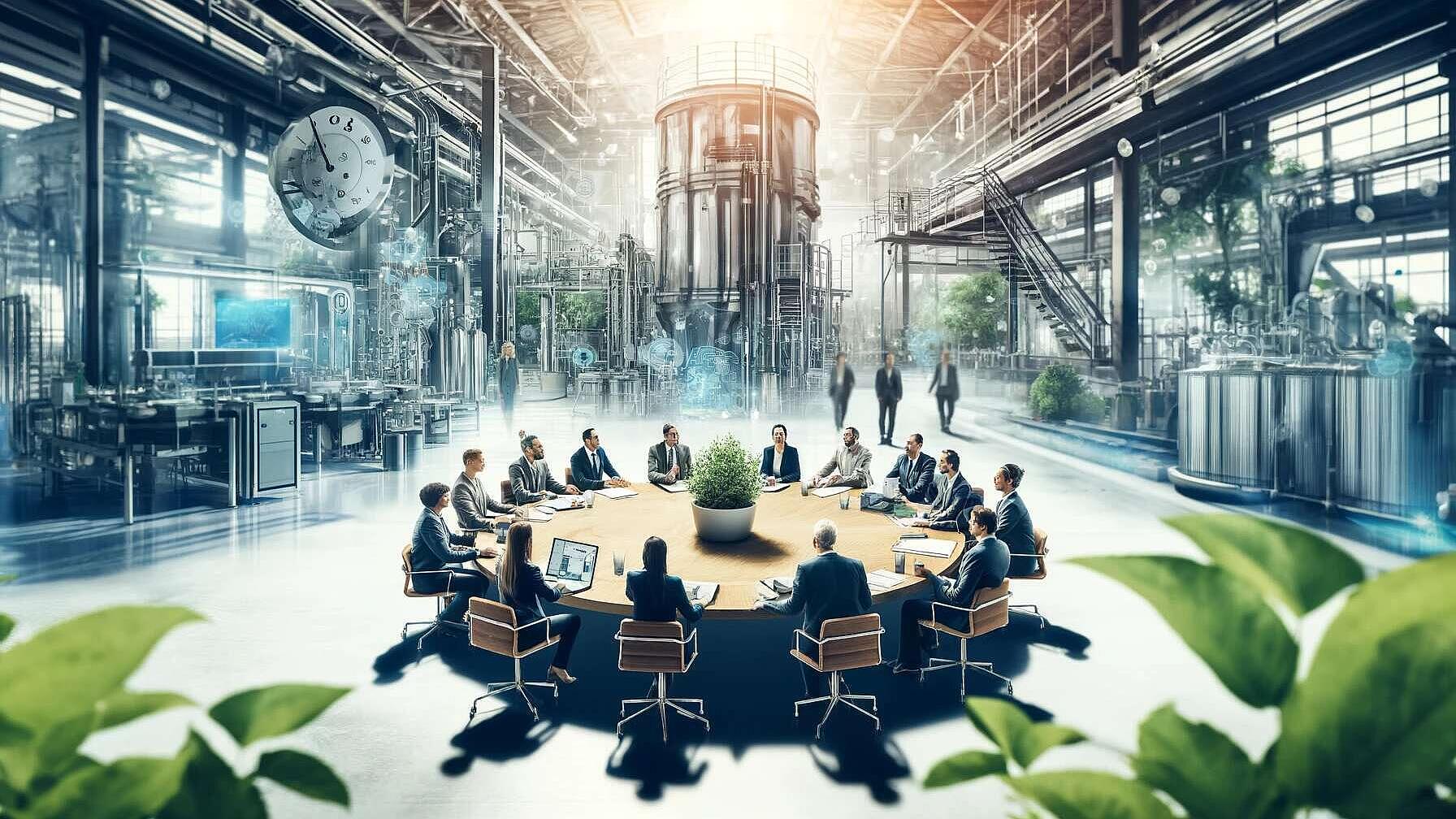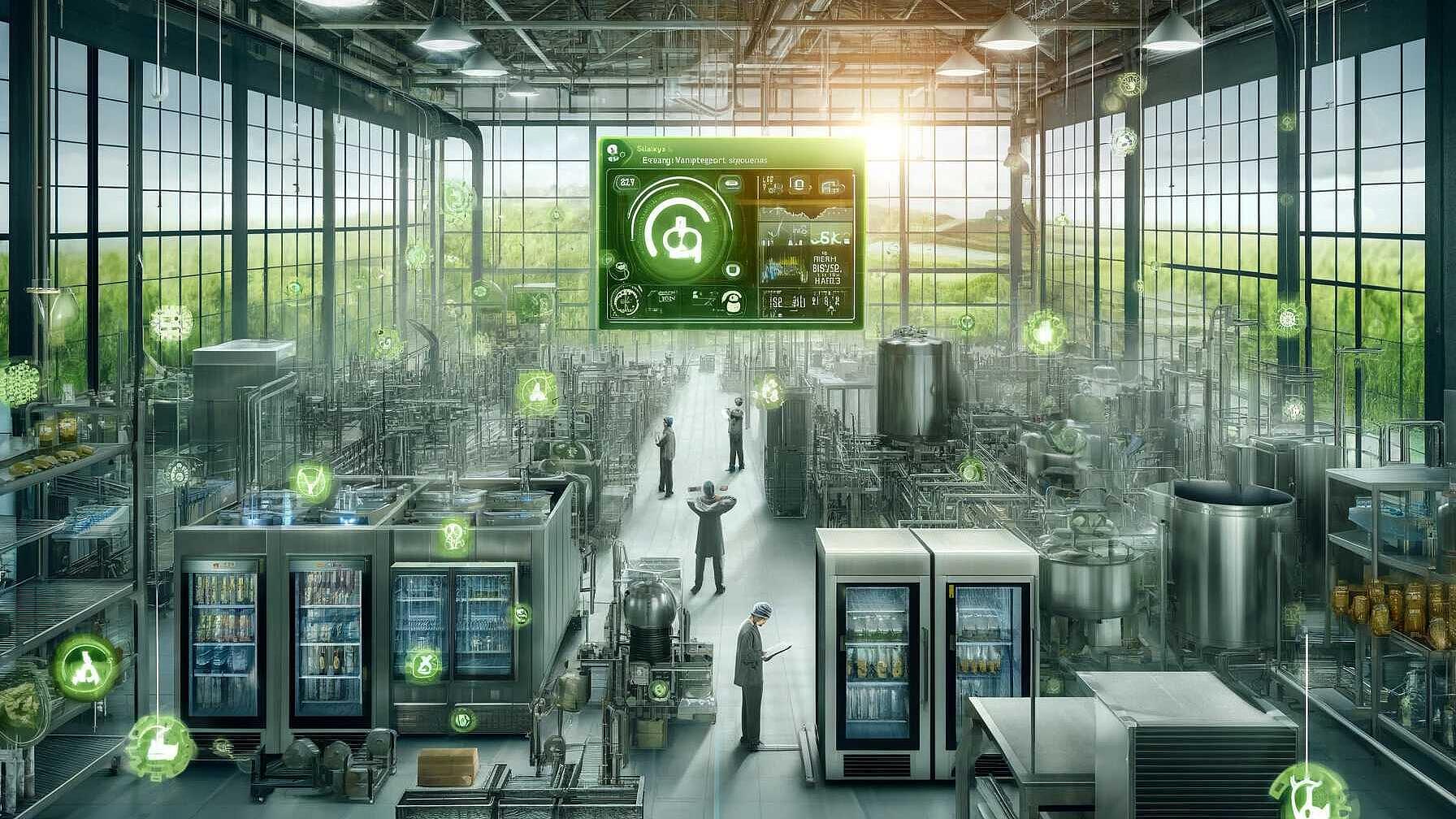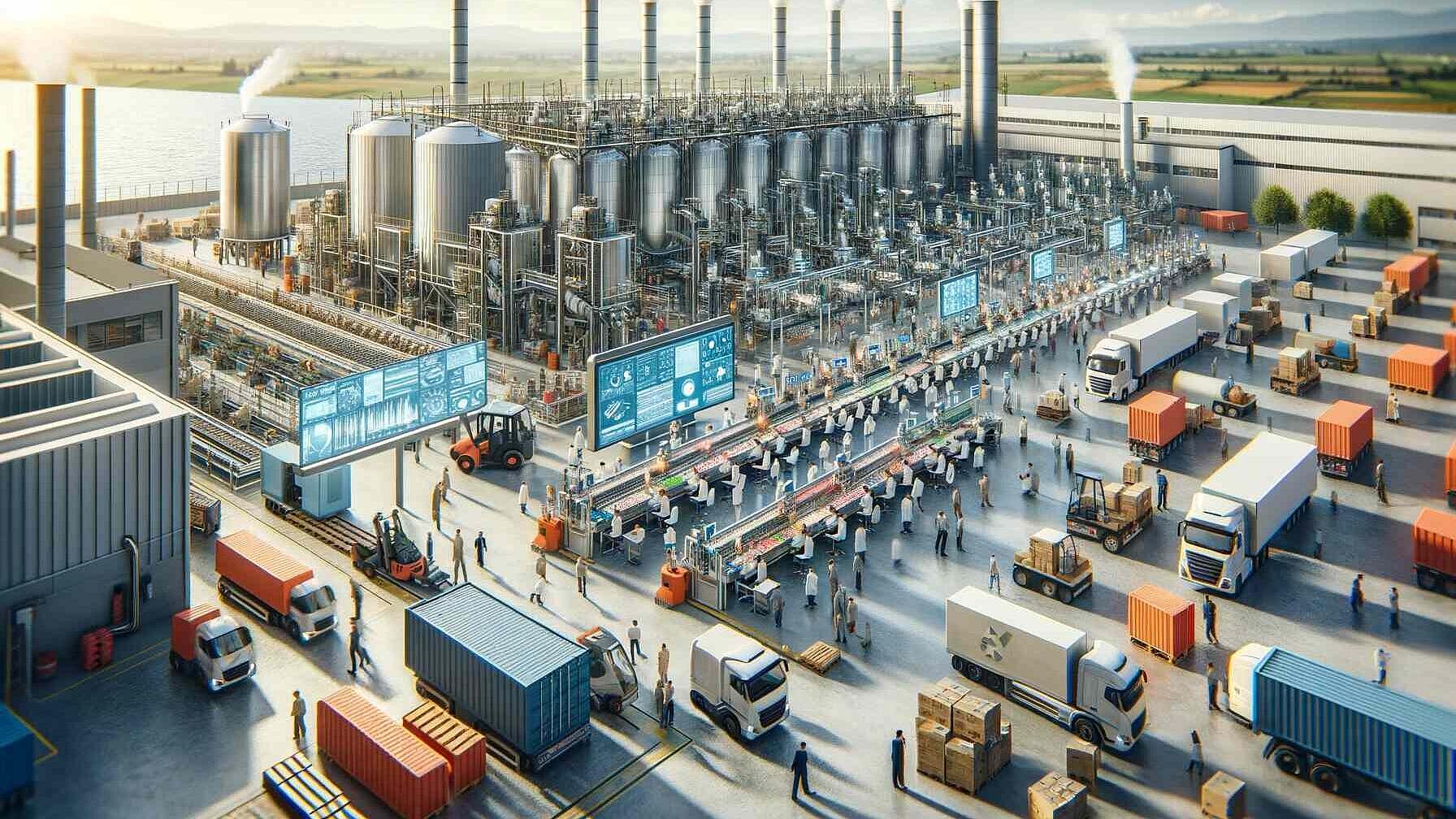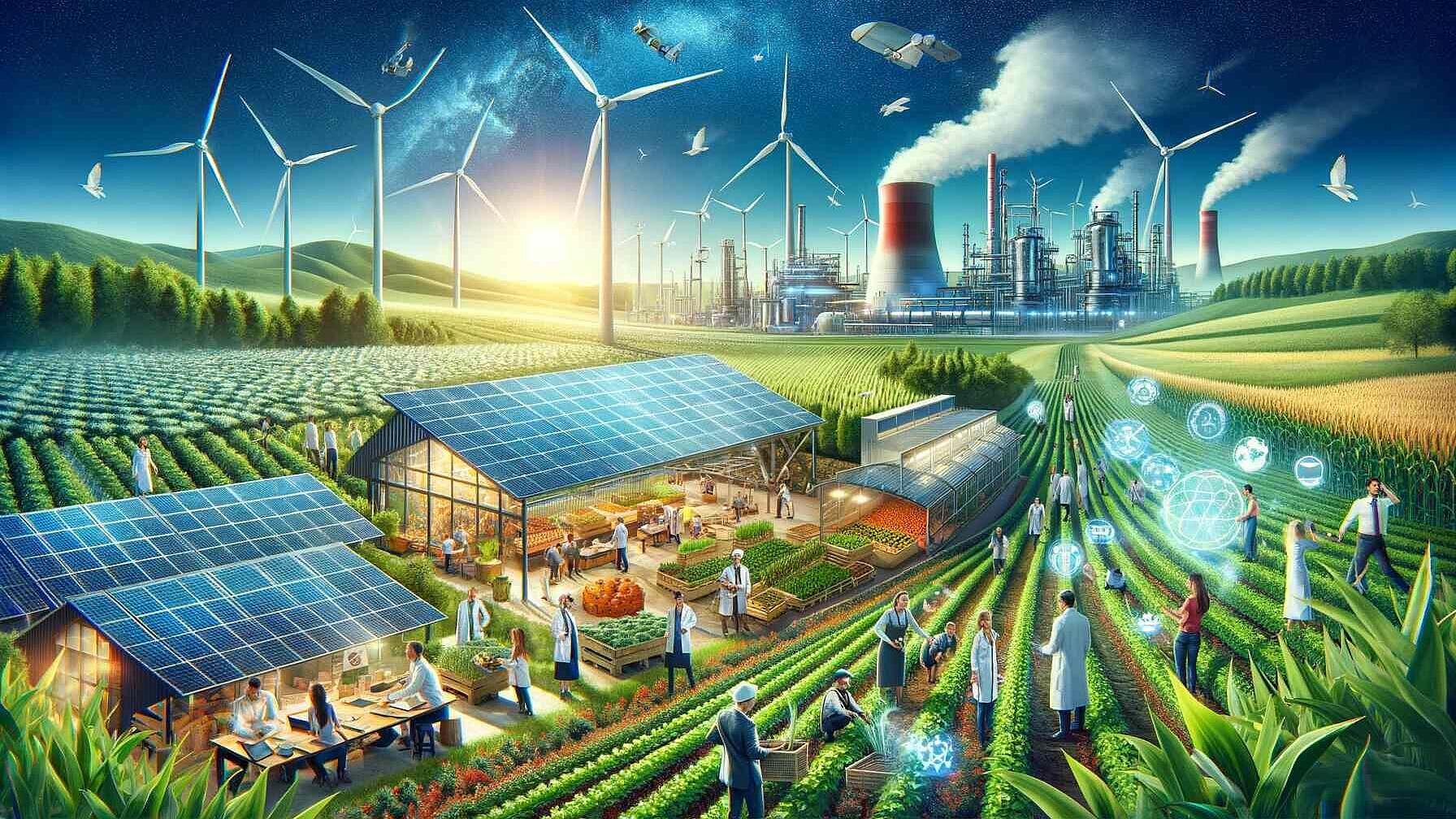 Energy Efficiency
Energy EfficiencyEnergy Efficiency
Energy Efficiency in Food Manufacturing: Sustainable Growth Through Smart Technologies
This paper emphasizes the critical role of energy efficiency in the food production industry as it faces the challenges of climate change and resource scarcity. It underscores the need for food manufacturers to improve energy use due to the industry's large energy consumption. The paper discusses benchmarking and Key Performance Indicators (KPIs) as vital tools for tracking and improving energy usage in food processing. It explores the utility of frameworks and standards like ISO 50001 for systematic energy management and continuous improvement. Advanced monitoring and control systems utilizing Industry 4.0 technologies such as smart meters and real-time data analytics are highlighted for their ability to optimize energy performance. Furthermore, the integration of Information and Communication Technologies (ICT) such as ERP systems and IIoT is examined for their potential to enhance energy efficiency across production chains. The paper also addresses the challenges to implementing energy efficiency programs, including lack of awareness, resource limitations, and competing priorities. Strategies to overcome these barriers include fostering organizational buy-in, securing funding, and industry collaboration. In conclusion, the paper posits that mastering energy management is crucial for the food industry's future competitiveness and sustainability, advocating for robust efficiency programs to meet emerging global food system demands.
Leer Artigo completoEnergy Efficiency Reloaded: How European SMEs Are Driving Sustainability and Savings
SMEs, at 98.9% of European businesses, collectively account for 13% of energy demand, presenting significant energy efficiency potential. Barriers include financial constraints and lack of energy management. Supportive policies and tailored programs can incentivize efficiency improvements, leveraging SMEs' key role in reaching the EU's energy goals.
Leer Artigo completoUnlocking Energy Efficiency: How Top Management Decisions Shape Industrial Sustainability
The survey of European industries on energy efficiency reveals high concerns for energy costs, positive attitudes towards exceeding environmental standards, yet a notable gap in adopting recommended energy-saving measures due to factors like cost, complexity, and management decision-making.
Leer Artigo completoJuly Quiz OPEN - EnerWhizz: The Electrifying New Mobile Quiz from EEIP
EnerWhizz, launched by EEIP, is a mobile quiz game promoting energy innovation knowledge through fast-paced yes-or-no questions. Top scorers win monthly prizes. The game, based on the EU-funded EENOVA project, aims to educate on energy transition technologies, policies, and best practices.
Leer Artigo completoThe Great EENOVA Adventure: Benny the Baker's Wacky Quest for Energy-Smart Snacks!
FUN STORY: The EENOVA project enhanced energy efficiency in Foodville's food processing industry through whimsical roundtables, innovative audits, practical solutions, policy recommendations, celebratory events, skill training, and humorous communication strategies, leaving a sustainable and competitive legacy.
Leer Artigo completoThe Mechanics of Ceramics: How the Industry Can Decarbonize
The ceramics industry in Europe has made significant progress in energy optimization, cutting consumption by half in 25 years. Challenges persist, including reliance on carbon-emitting methane burners and raw material imports. Innovations and regulatory measures aim to decrease emissions and resource waste, promoting sustainable manufacturing across the sector's 338,000 jobs and €27.8 billion contribution to the EU economy.
Leer Artigo completoInnovative Energy Efficiency in the European Food and Beverage Industry: A Holistic Human-Centered Approach
The INDUCE project under Horizon 2020 promotes energy efficiency in the European food and beverage sector with a human-centered design approach. Its methodology, validated by pilot programs, combines technical, behavioral, and cultural changes for sustainable energy practices, targeting broad industry application and energy savings.
Leer Artigo completoEnergy Insights: The Secret Sauce for the Food and Beverage Industry
The paper outlines how food and beverage companies can use Energy Management Systems to cut costs, increase efficiency, and promote sustainability by using real-time data and predictive maintenance, bolstered by IoT and smart sensor technology.
Leer Artigo completoThe Core of Europe's Economy: A Deep Dive into the EU Food and Drink Industry
The EU food and drink industry is a key economic player with a €1,192 billion turnover and significant investment. Employing 4.72 million people, it leads manufacturing employment but sees lower labor productivity. The sector is embracing digitalization and prioritizing sustainability while maintaining a strong global trade presence.
Leer Artigo completoTransforming the Global Food Sector: A Path to Energy-Smart Practices
The FAO 2011 paper advocates for an energy-smart food system to enhance sustainability, reduce GHG emissions, and improve food security by boosting energy efficiency and integrating renewable energies across the food supply chain, while providing policy recommendations and calling for international cooperation.
Leer Artigo completo